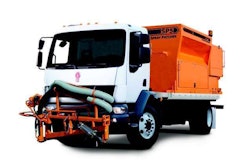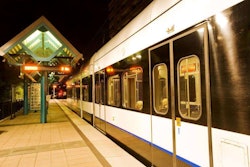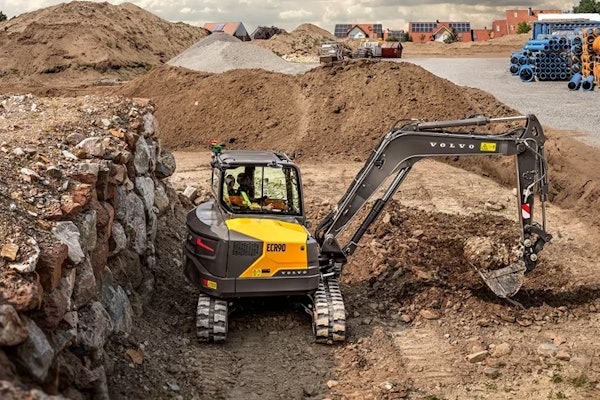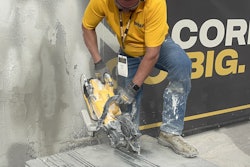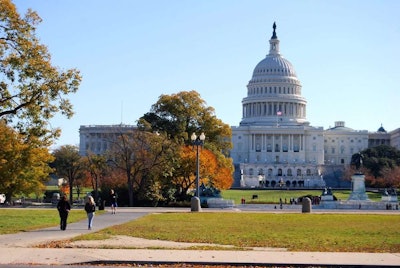
I wonder if we are on the verge of a sea change in the way our transportation system is built and cared for.
One of the reasons I have put reauthorization front and center of much of our focus is because it has such a major trickle-down effect. (I never thought I’d use that phrase again.) The amount of transportation infrastructure funding coming out of Washington in a surface transportation bill, and the reforms or recalibrations in its text, can be felt all the way down to the jobsite.
But if the funding levels freeze, as essentially they have, and no thaw is forth-coming (the jury is still out, but the bookmakers are fairly sure it won’t be) then some significant change is a possibility. There must be some sort of law, much like a Parkinson’s or a Murphy’s, that says if you set up a system and fund it to a certain degree then keep the same system but cut the funding, you won’t be able to entirely predict how (or if) it will function.
The first obvious consequence is less gets done because there is less money. And we have seen that. But now, we are seeing states beginning to take more charge over raising funds for their transportation infrastructure, largely because they have to or decay and need will become overwhelming. MAP-21 included some major reforms that gave states more say over how federal funds were employed. How those reforms work will become a major factor in how the future of the management of our major roads is done.
 John Latta
John LattaThe bottom line seems to be Washington politicians feel they have a right to be the final arbiters of our surface transportation system – even if they do a woefully inept job. And, as they dither or flat out don’t do their job, they seem to feel states should wait for them. Delusion upon delusion. States are making moves.
Agencies and contractors have the opportunity through MAP-21 to work a little more closely on how things are done. States can also make other independent moves as Oregon has in its trialing of a vehicle miles travelled (VT) system. Agencies and contactors may be in a place where they can get together and find the roadblocks, traffic jams, sinkholes and washouts in the processes they have been using and find they have the wherewithal now to fix them without asking D.C. if its OK.
If Washington politicians are holding on to the ball and refusing to play, states will do what kids in sandlots do. They will take the ball away and play their way with their rules.


